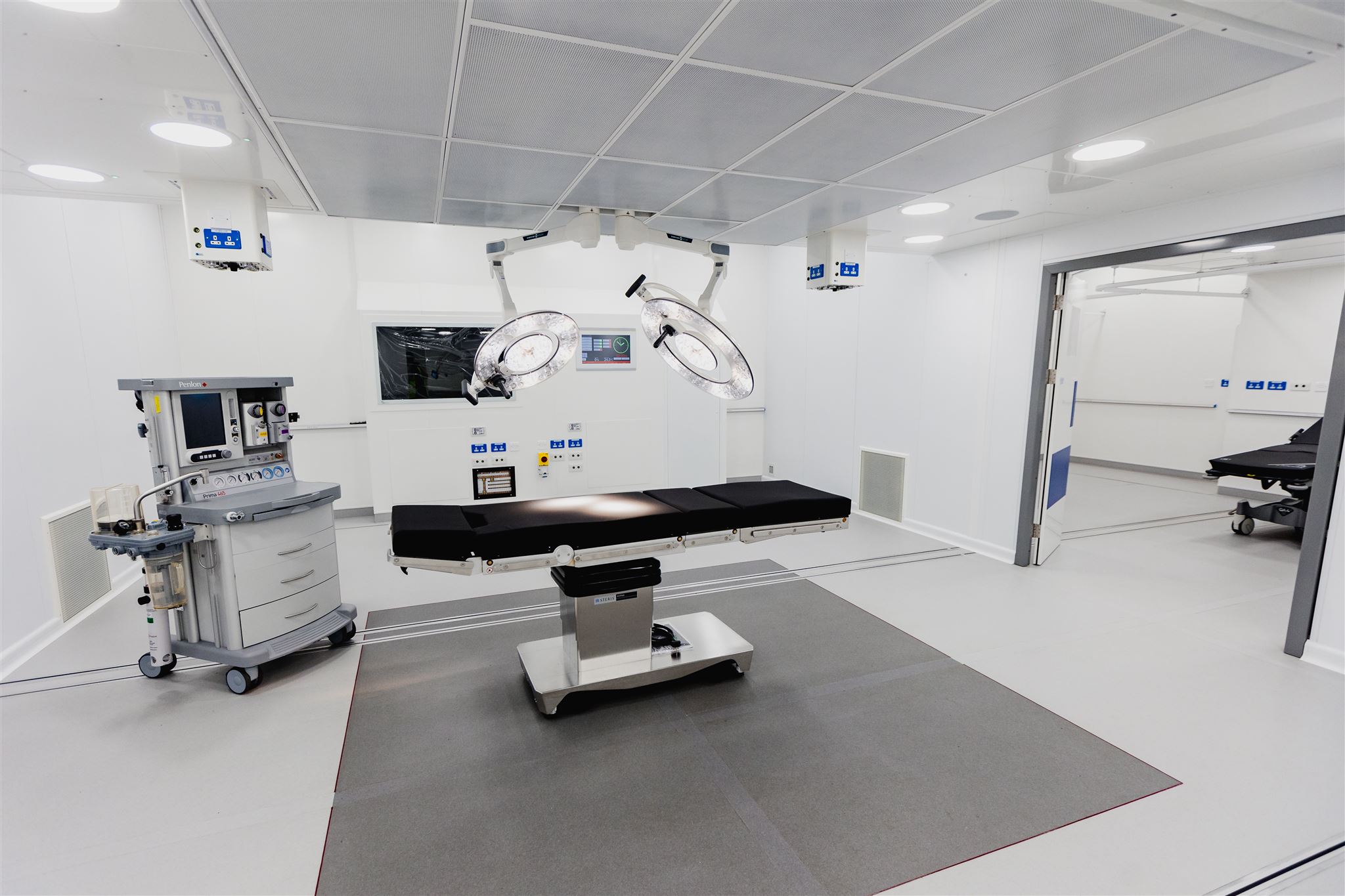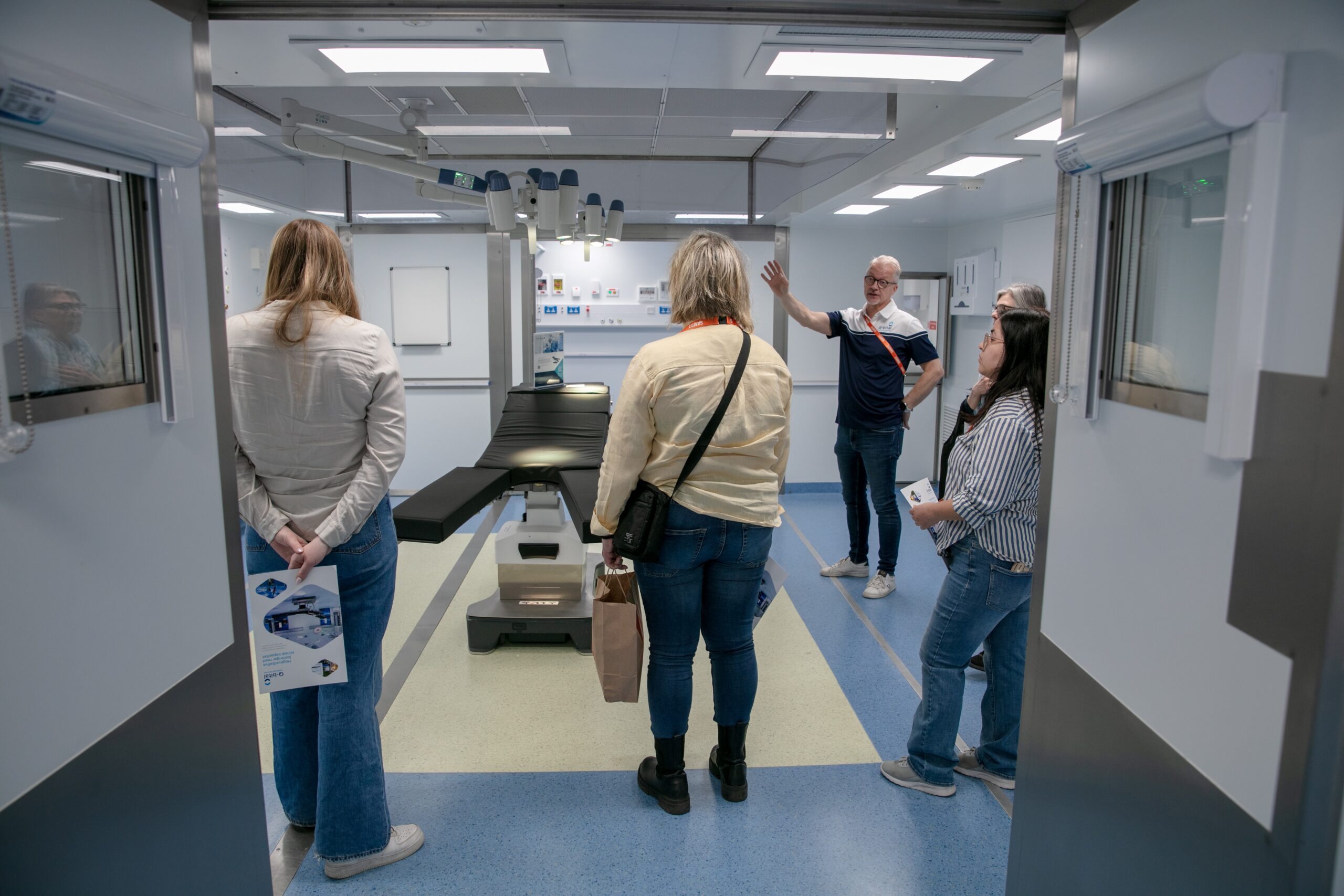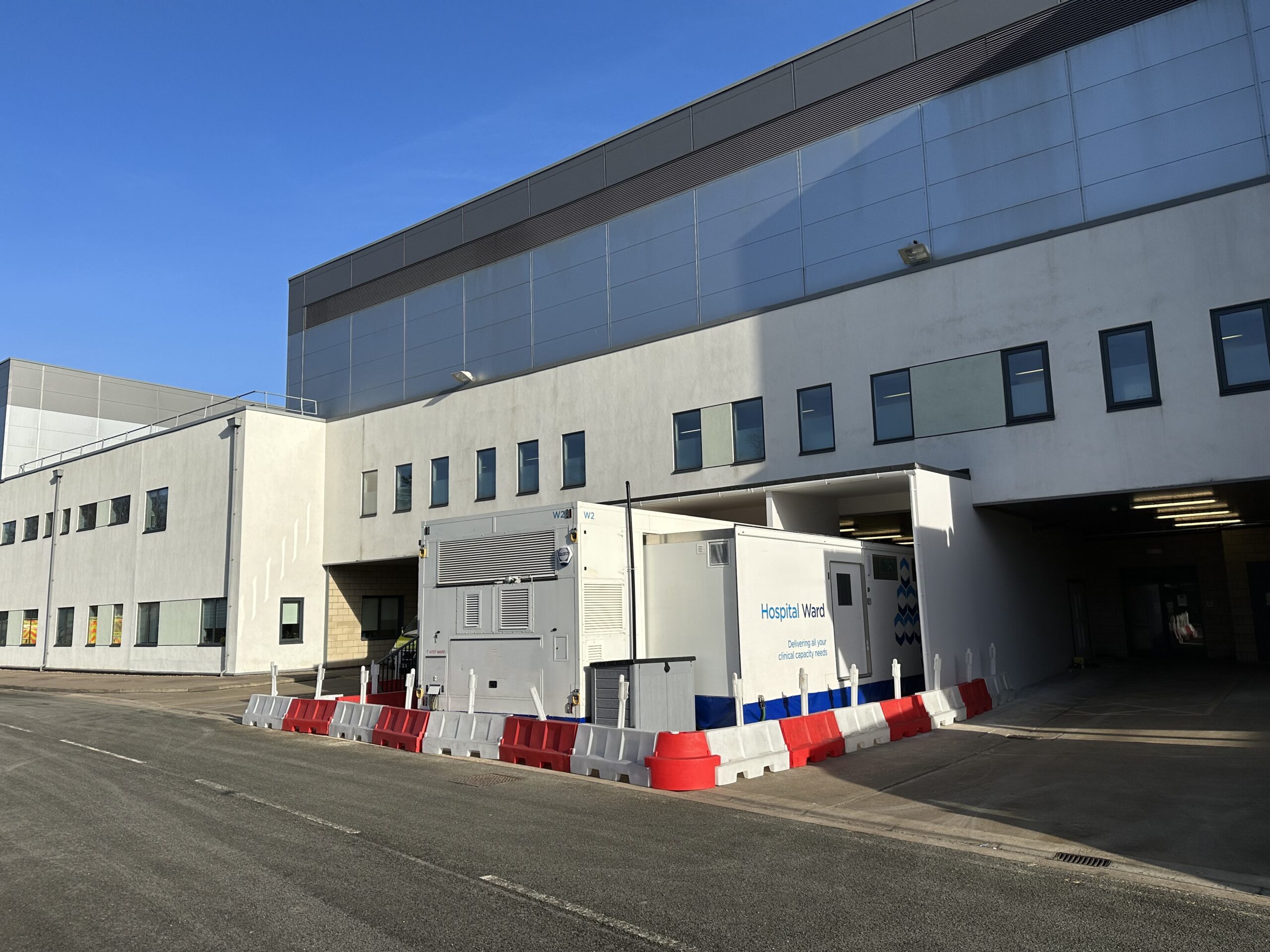As concerns about rising elective waiting lists and how the health service is coping remain, it is important to remember that a huge amount is being achieved at the moment by the health service organisations and the people that are part of them; and that those efforts are making a big difference.
Since the start of the pandemic, staff have been working tirelessly to make a difference to patients’ lives, and their efforts have allowed the majority of elective care to continue throughout the pandemic.
Although the number of people waiting for certain procedures remain high in some areas, waiting times for patients would have been even longer without the efforts of hospitals and governments taking decisive action to keep essential elective care going. By very quickly adapting the use of both internal and external space in order to minimise any disruption to non-urgent care during the pandemic, they have helped prevent an even bigger crisis.
In particular, the dedication and the extraordinary resilience of the clinical staff that are working through very difficult conditions throughout the pandemic to deliver vital patient care warrants more than a passing mention.
Q-bital is honoured to have worked with a number of health boards and hospitals who have taken positive action to ensure the continuation of elective surgery and diagnostic procedures as far as possible, despite stretched resources and a need to accommodate Covid-19 patients within the hospital.
Our mobile and modular healthcare facilities have been widely used throughout the pandemic to improve patient flow, to provide reassurance for patients, to increase capacity and as a flexible resource that can be quickly adapted to accommodate a wide range of procedures as an integral part of a hospital’s estate.
Hospital’s ability to adapt quickly, in many cases using flexible healthcare infrastructure, is keeping rising lists at bay as far as possible.
A flexible resource
At one hospital, the use of a bespoke ophthalmic hub provided by Q-bital, normally used for cataract surgery, changed as a result of the Covid-19 pandemic.
When all work on the unit was halted as elective surgery was cancelled in April 2020, the hospital realised that the hub, which provided a self-contained environment in a location away from the main hospital site, was ideal for use for emergency surgeries and smaller plastic surgeries.
It also aided overall patient flow, as patients could be assessed and admitted directly onto the hub, via a separate pathway to the main hospital admission area.
A spokesperson for the hospital said at the time:
“Having the unit as a standalone facility separate from the hospital was a huge asset during the early stages of Covid-19. The hub had been extremely busy prior to the pandemic, and remained busy and extremely effective throughout, supporting us to continue surgery outside of the main hospital rooms.
‘Cold sites’ provide safety and reassurance
New, stand-alone, so called ‘cold’ sites for surgery – or for safely undertaking diagnostic procedures such as endoscopy - have also been set up at many sites using modular or mobile facilities during the pandemic. As well as providing a safe, separate site for performing surgery in a non-Covid environment, this type of facility can help reassure patients it is safe to attend.
A combination of an operating room and a hospital ward can create a visiting hospital, which provides a complete clinical environment including an anaesthetic room, scrub and recovery areas, clean and dirty utility areas, a reception/nurse station, waiting room, ward and WC. Mobile and modular wards can also be used to very quickly provide additional bedspaces.
This was the case at Kettering General Hospital in the UK, which commissioned a modular ward at the start of the pandemic to provide a Covid-free zone.
A bed modelling exercise at the start of the pandemic suggested the hospital may need additional bed capacity to deal with the crisis effectively, and the Trust decided to commission a modular ward to create another ‘green’ zone, away from Covid-19 areas, where at-risk patients could be safely cared for.
The plan allowed the Trust to retain additional Covid-19 capacity within the hospital for the second wave, which was the intention at the start.
A spokesman for the hospital said: “The new block housing the 18-bed ward was installed as a contingency measure to support the safe management and flow of non-Covid patients, as we continue to care for Covid-19 patients at the hospital.
“Having the additional bed capacity at our disposal at this critical time has been extremely valuable, and the fact that it’s situated away from the main hospital building has provided reassurance for patients who may have been worried about the risks of attending hospital.”
The modules were built off-site by Q-bital Healthcare Solutions, and the stand-alone ward facility was completed within a period of just five weeks, despite the restrictions imposed by the lockdown protocol that was in place at the time.
Dedication and commitment
Covid-19 has brought extensive challenges to health systems across the world, and Q-bital is honoured to have been able to contribute to the efforts of health workers to deliver essential patient care in any way possible. Hospital staff have shown exceptional resilience as they have adapted to new conditions at very short notice and continued to put patients first.
Even before Covid-19, Q-bital’s teams were known for their adaptability, solutions-focused approaches and ’can-do’ attitude, and throughout the crisis, they have shown repeatedly how that reputation for doing all they can to support customer is justified.
Some of our team members work away for long periods of time, and in addition to work-related changes, they have also faced additional challenges during the pandemic, such as not being able to see their families during breaks due to the risk of spreading the virus. They have made huge sacrifices in order to keep supporting hospitals.
Finally, Q-bital’s non-clinical staff have also overcome many additional challenges during the pandemic. Setting up a new healthcare facility requires site surveys, testing and assessments to be undertaken, units or modules to be refitted and transported, and in some cases construction or enabling works to be completed – all of which has been much more challenging due to restrictions during the pandemic.
Our staff continue to work incredibly hard to make safe, deliver and install facilities to provide extra capacity at hospital sites across the UK, mainland Europe and in Australia during the pandemic, and we are incredibly grateful for their dedication.



Q-bital Healthcare Solutions
Unit 1144 Regent Court, The Square, Gloucester Business Park, Gloucester, GL3 4AD
